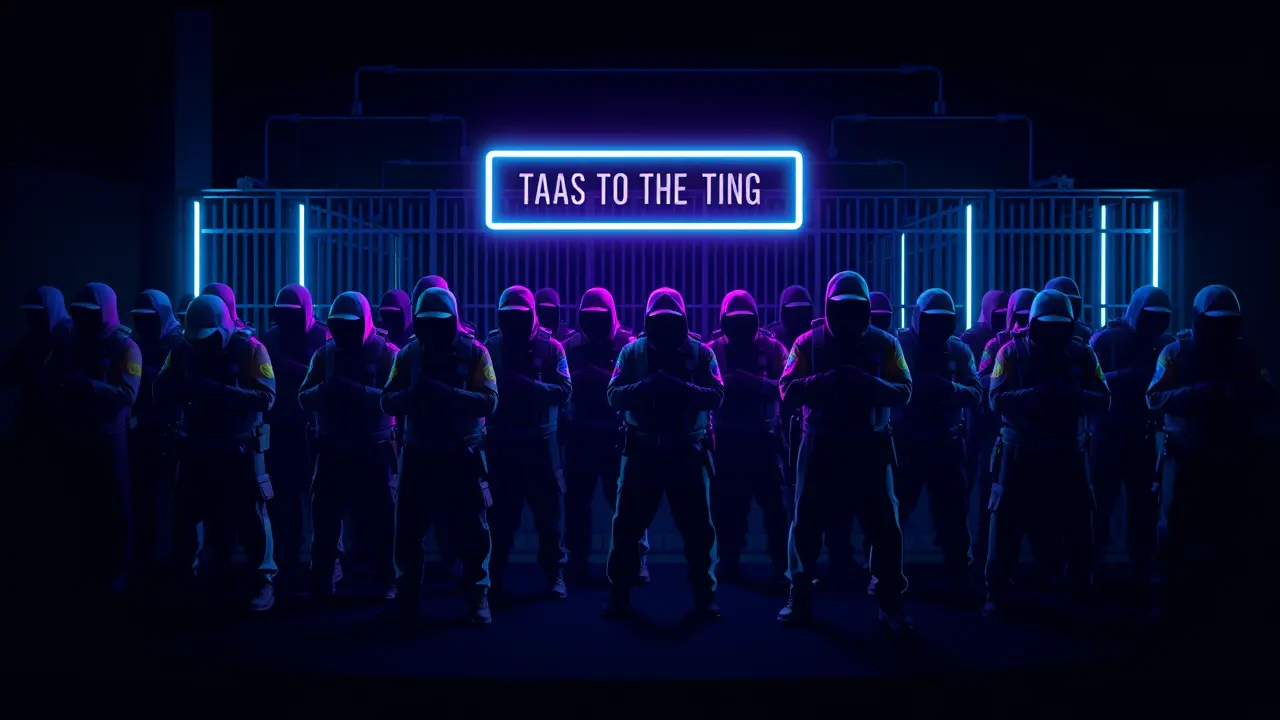
PoliticslegislationNew Bills and Laws
US House Passes TikTok Divest-or-Ban Bill.
MA
Mark Johnson
2 days ago7 min read
In a political maneuver that felt ripped from a high-stakes campaign playbook, the US House of Representatives delivered a seismic shock to the digital landscape by passing the TikTok Divest-or-Ban Bill, a piece of legislation that effectively lays siege to one of the world's most dominant social media platforms and forces its Chinese parent company, ByteDance, into an ultimatum with a ticking clock: sell your American asset or face a comprehensive ban across the United States. This isn't just another policy skirmish; this is a full-scale media war, a masterclass in political strategy that frames national security concerns over data privacy and potential foreign influence—specifically from the Chinese Communist Party's alleged ability to access the data of 170 million American users or manipulate the content on their For You pages—as the central attack ad against the app.The vote itself, passing with a resounding, bipartisan majority, showcases a rare moment of unity in a fractured Congress, a tactical alliance that signals just how potent the China issue has become in the American political arena, cutting across party lines and forcing lawmakers to take a definitive stand. The legislative offensive was meticulously planned, echoing the kind of rapid-response tactics seen in a heated election cycle, where lawmakers leveraged a potent mix of public anxiety and classified intelligence briefings to build momentum, effectively cornering opponents and framing the debate not as a matter of free expression, but of national defense.The bill’s journey is far from over, however; the next battlefield is the Senate, where the political calculus becomes more complex, with concerns over the First Amendment implications already being raised by digital rights groups and where powerful committee chairs will wield their influence like seasoned campaign managers, weighing the political fallout against the security imperatives. And let's not forget the real-world campaign unfolding outside the Capitol: TikTok has mobilized its vast user base, unleashing a flood of calls and messages to congressional offices, a digital grassroots movement that demonstrates the very influence the bill seeks to curtail, while Beijing has issued stern warnings, threatening to defend its interests and potentially block any forced sale, setting the stage for an unprecedented geopolitical standoff over a piece of software.The potential consequences are staggering—a ban would not only redraw the map of the social media world, handing an immense advantage to rivals like Meta and YouTube, but it would also ignite a fierce legal battle, testing the limits of presidential authority under the International Emergency Economic Powers Act and challenging the government's power to regulate digital speech. For the American user, the small business owner relying on TikTok Shop, and the creator who has built a life on the platform, this political drama is anything but abstract; it's a direct threat to their community, their livelihood, and their digital identity, making them unwitting participants in a high-stakes geopolitical game where they have very little say. The final outcome will depend on the kind of backroom dealing and strategic horse-trading that defines Washington at its most consequential, a battle not just over an app, but over the future of the open internet, the balance of global tech power, and the very definition of security in the digital age.
#weeks picks news
#US Congress
#TikTok
#national security
#ban
#divestiture
#ByteDance
#social media
#legislation
Stay Informed. Act Smarter.
Get weekly highlights, major headlines, and expert insights — then put your knowledge to work in our live prediction markets.
Related News
Comments
It’s quiet here...Start the conversation by leaving the first comment.
© 2025 Outpoll Service LTD. All rights reserved.









